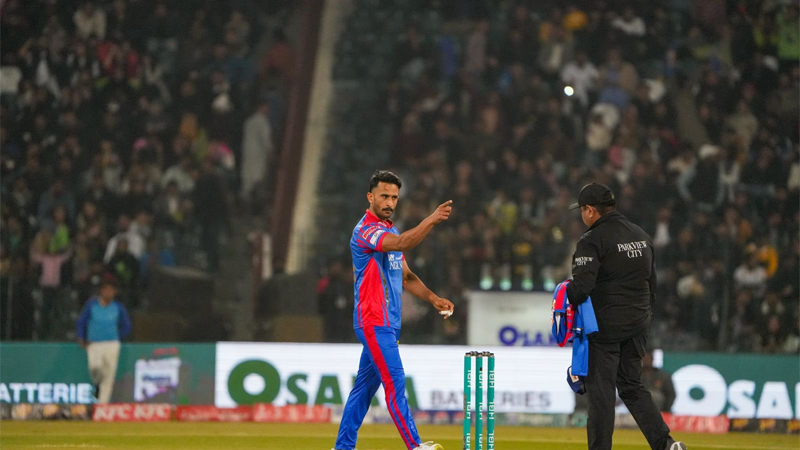The Pakistan cricket team’s performance in the T20 World Cup has left fans and analysts questioning their preparedness and commitment. Despite the initial fanfare, the team’s journey concluded prematurely in the first round of the tournament.
One of the notable factors contributing to the underwhelming performance was the presence of a large entourage. The team was accompanied by 26-28 support staff, and an extended group of family members, including the players’ wives and children. This extensive group dynamic raised concerns about the team’s focus and discipline during the crucial event.
In a surprising turn of events, fast bowler Mohammad Amir, who had been a critical player for Pakistan, was in the United States training with a personal coach rather than the team’s foreign trainer. According to sources, despite the availability of the team’s official trainer, Amir opted for personalized training in Ireland and England. This arrangement was made with special permission from the Pakistan Cricket Board (PCB), with Amir covering the expenses himself, yet the logistical support was provided by the PCB.
The presence of other family members further added to the team’s distractions. Key players such as Mohammad Rizwan, Fakhar Zaman, and Wahab Riaz were joined by their wives and children. Captain Babar Azam’s immediate family, including his father, mother, and brother, along with the daughters-in-law of Imad Wasim and Haris Rauf, also traveled with the team.
Amidst the competitive matches, the team engaged in parties and social gatherings, which reportedly continued post-matches. These activities seemingly overshadowed their primary focus on the game, leading to Pakistan’s early exit from the World Cup.
As the dust settles, the PCB and cricket enthusiasts are left pondering the impact of the off-field activities on the team’s on-field performance and the lessons to be learned from this experience for future tournaments.











Leave a Reply